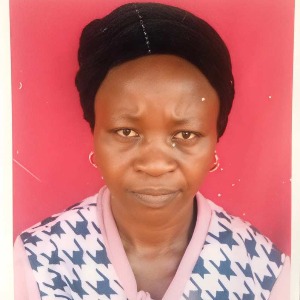Title : Evaluation of the impact of malaria and erythrocyte G6PD deficiency on anaemia outcomes among children in Jos, North-Central Nigeria
Abstract:
Background: Anaemia is a major cause of morbidity and mortality globally. Erythrocyte Glucose 6 phosphate dehydrogenase (G6PD) deficiency and malaria are leading causes of anaemia. The impact of malaria and erythrocyte G6PD deficiency on anaemia outcomes among children in Jos Northcentral Nigeria has not been ascertained, thus, this study aims to bridge this gap.
Methods: This was a cross-sectional study conducted in 2023 among 100 children aged 1- 5 years consecutively recruited for the study. 30% Giemsa-stained thick blood film microscopic examination was used to confirm for the presence or absence of malaria parasitaemia. Erythrocyte G6PD activity was determined colorimetrically using ICuBIO Ichaem-535 Chemistry Analyser. Haemoglobin and erythrocyte values were obtained using automated haematology analyzer (Accu cell DX360 3parts). Data were analysed using SPSS version 27. p-value <0.05 was considered significant.
Results: Fifty-five (55%) out of the 100 children that participated in the study have malaria parasitaemia and 24 (43.6 %; 24/55) of these were G6PD deficient. Forty-nine (49%; 49/100) of the 100 children were G6PD deficient. Twenty-eight (28/100) were anaemic. Malaria and G6PD deficiency have significant impact (F=7.327; p=0.002) on anaemia outcomes in Nigeria children. Nine (37.5%) of G6PD deficient malaria positive children were anaemic.
Conclusion: In conclusion, this study showed a significant impact of malaria and G6PD deficiency on anaemia outcomes. Consequently, policy on mandatory G6PD screening in children before antimalarial administration in endemic areas is recommended.



